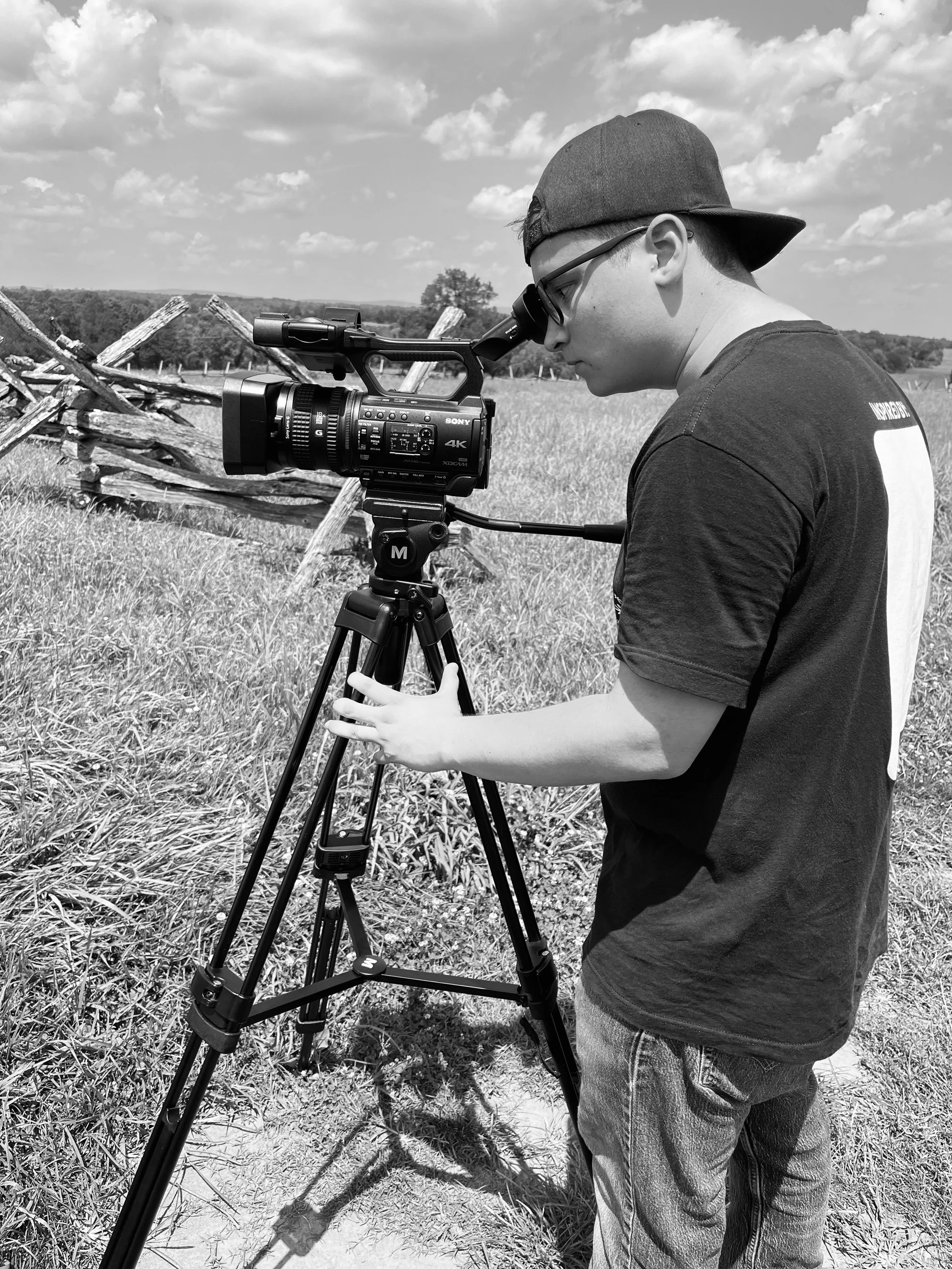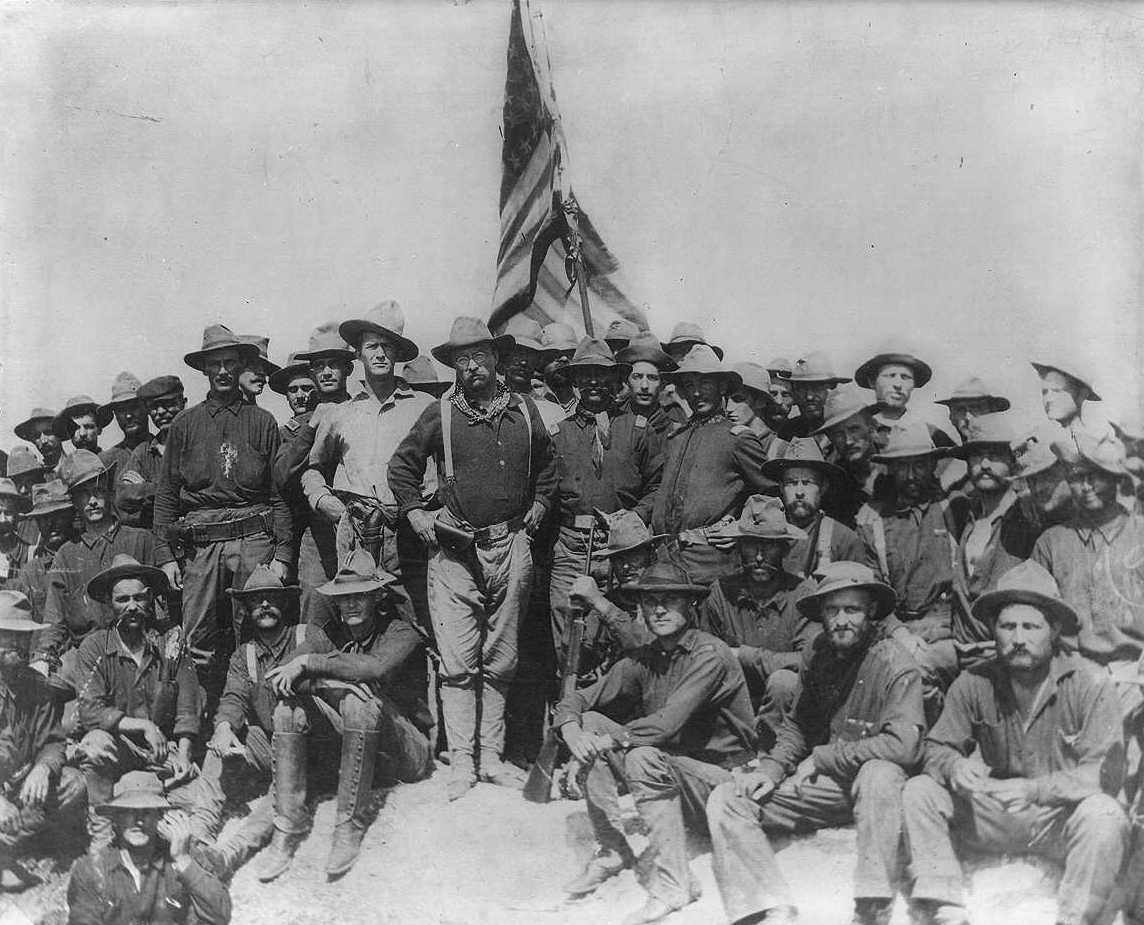“History is a source of strength, a constant reminder of the courage of others in times more trying and painful than our own.”
— David McCullough
Begin the story here:
“I am mightily impressed by the Cana Academy’s HISTORY250® team’s absolutely extraordinary series of videos, which not only tell America’s story with vividness and generosity, without blinking at our failures, but teach us by example that knowledge of our past can be a source of profound joy and inspiration, and a treasure trove to be drawn on in times of challenge and confusion. What a gift to the nation, and the world, for America’s 250th birthday! I intend to spread the word far and wide about this marvelous collection.”
— Wilfred M. McClay, Hillsdale College
On July 4, 2026, America turns 250.
In anticipation of this remarkable event, HISTORY250® is building out an exceptional resource for teachers and students: a collection of original short documentary films on the most important events in American history. Each film introduces viewers to a formative change in the life of America. All of the films together form a continuous narrative.
HISTORY250® employs no cartoons but only beautiful imagery in the form of portraits, photos, maps, and film clips. Nor do we indulge political agendas; we only follow the liberal discipline of history as exercised by our greatest practitioners of narrative history.
HISTORY250®’s approach to the past is the liberal approach articulated in History Forgotten and Remembered: observational and sympathetic, not anachronistic or moralistic; narrative and fully contextual, not fragmentary; unitive, not divisive. By liberal we mean free as in the freedom achieved through a genuinely liberal education. The liberal discipline of history frees students to see the past clearly: in its pastness, for the past is different from the present, and in its relation to the present and future since, without our past and the wisdom it affords us, we cannot fulfill our responsibility for maintaining society for ourselves and future generations.
Many of the events covered in HISTORY250® reflect narrative history’s emphasis on politics. Others are cultural: formative religious events; great works of art, literature, and film and the individuals who created them; and standouts in American sports. Others are economic such as the discovery of oil, the auto production boom, homesteading, and the spread of electricity.
HISTORY250® does not shy away from failures: American slavery and segregation, the Trail of Tears, and the internment of Japanese American citizens during WWII, to name several.
At the same time, we do not reduce America’s history to the failures of our forebears. The courage of others who suffered and sacrificed; the hard work, creativity, and discovery by those who made our life possible; and the great loves that have united each generation form the meaningful center of the American story. In the mode of Lincoln in his “Gettysburg Address” and King in his “I Have a Dream” speech, we take wise bearings for our actions now and genuine hope for the future from the good our forebears achieved.
The David McCullough quotation is taken from “Appreciation: The Citizen Chronicler,” Jefferson Lecture 2003, National Endowment for the Humanities. All photos used are in the U.S. Public Domain.
-

Jack Zwerneman
DIRECTOR
Jack Zwerneman is a Director for HISTORY250®. He has a B.A. in History with a Certification in Video Production and Digital Storytelling from The Catholic University of America. While Studying at CUA, he was a member of the University Honors Program. His film work premiered at Cardinal Reels Student Film Festival in 2023. Jack’s research on pioneering film director D.W. Griffith was presented at the Phi Alpha Theta 2023 Mid-Atlantic Regional Conference at Washington College. He is a member of Phi Beta Kappa.
-

Andrew Zwerneman
WRITER & NARRATOR
Andrew Zwerneman is Writer and Narrator for HISTORY250®. He is co-founder and president of Cana Academy, HISTORY250's parent mission. Andrew is a popular keynote speaker and workshop director. Since 2020 he has concentrated much of his work on the renewal of history as a central field of study in our schools. He blogs weekly at www.canaacademy.org and is the author of History Forgotten and Remembered (2020) and The Life We Have Together: A Case for Humane Studies, A Vision for Renewal (2022).
-

Pablo Mazariegos
DIRECTOR
Pablo Mazariegos is a Director for HISTORY250®. He graduated from The Catholic University of America with a B.A. in Media and Communication Studies. While at Catholic, he was a member of the President’s Society and his films were featured in the 2025 Cardinal Reels student film festival. Since high school, Pablo worked in local sports media as a newswriter, information director, and broadcaster.















